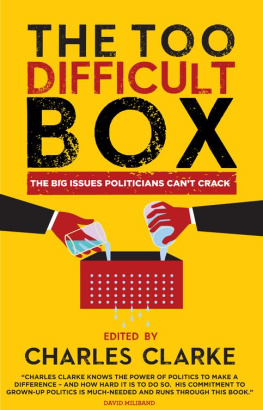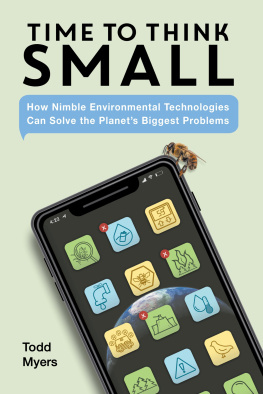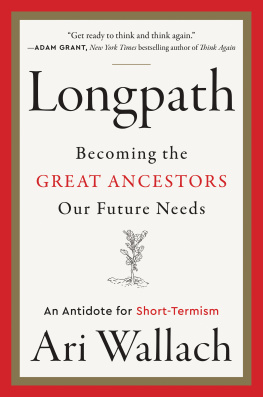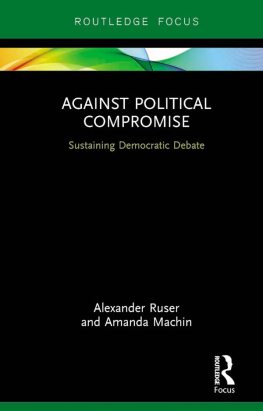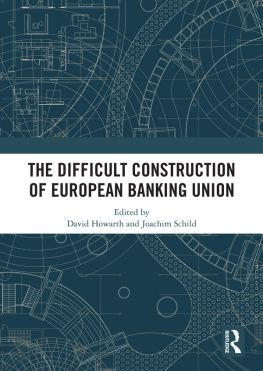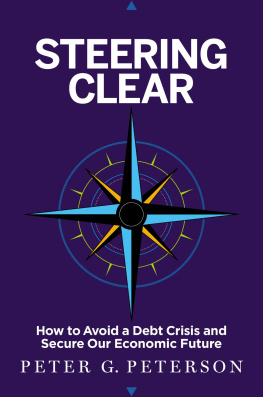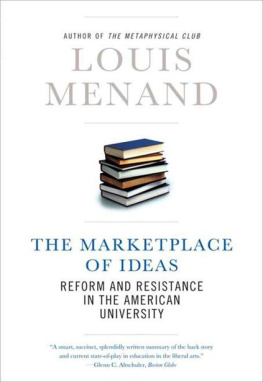Charles Clarke knows the power of politics to make a difference and how hard it is to do so. His commitment to grown-up politics is much-needed and runs through this book.
Excellent. A very timely exploration of why our democracy finds it so excruciatingly difficult to address long-term challenges to our society, with some thought-provoking ideas about how we could do better.
This is an important book. It suggests solutions to some of Britain's most intractable problems. More than that, it rises to one of the great challenges of our times: how to make democracy work better, so that its virtues of openness, argument and accountability can help rather than hinder the pursuit of rational long-term policies. The Too Difficult Box is irrelevant to those who regard politics as a game but vital to those who want to make a difference.
T his book had its origins in a series of twenty-four lectures given at the School of Political, Social and International (PSI) Studies at the University of East Anglia (UAE) between January 2011 and November 2013. This perhaps explains why about a third of the contributors to this book have a strong Norfolk connection!
I am very grateful to Professor Edward Acton, the Vice-Chancellor of UEA, who invited me to take up a Visiting Professorship at the University after I lost my seat in Parliament at the 2010 general election. This type of appointment is relatively rare in British universities and I hope that it has proved worthwhile. It has certainly given me the opportunity to help develop the dialogue between academics and policy-makers which I believe is important for both. The Too Difficult Box series of lectures, culminating in this book, is one product of this approach.
Professor Hussein Kassim, then the Head of the PSI School, and I worked closely together in putting together this lecture series. It was an enjoyable and stimulating collaboration and without him the series would not have happened. I am grateful for his commitment.
A number of people helped the lecture series to come together and I owe a special thanks to Natalie Mitchell, Katie Konyn and Catrina Laskey in the UEA Humanities events office for ensuring that the lectures ran smoothly and also to the UEA students who helped out on the days of the lectures: Henry Allen, Vanessa Buth, Suzanne Doyle, Maja Simunjak, Susan Wang, Nick Wright, and Nansata Yakubu.
I am very grateful to Emma Anderson and the team at Political Quarterly for publishing earlier versions of a number of these lectures.
I would like to thank Iain Dale, Sam Carter and Olivia Beattie at Biteback, who have been a pleasure to work with as we have brought this book towards publication.
Finally I would like to thank my family, Carol, Christopher and Matthew, who have given me total support, not to mention many instructive and stimulating thoughts, while having to put up with my working on this even as we have been going through the strains and stresses of moving house.
Charles Clarke
April 2014
Charles Clarke
This opening chapter is based on the inaugural lecture which I gave in the Too Difficult Box series on 20 January 2011.
T he idea of the too difficult box is inspired by the recognition that all governments find it difficult to address a range of important issues, and indeed set aside some political problems as too difficult to solve. Indeed even after thirteen unbroken years of office, the governments led by Tony Blair and Gordon Brown, of which I was a part for some years, had that experience.
This happens for a variety of reasons, and the subjects chosen for the chapters in this book include many where hopes and expectations have been disappointed despite some substantial progress. I hope that the book will offer some explanation of the reasons why.
What all of these subjects have in common is that change is needed, change is difficult and that time is not on our side.
This assessment is not driven by pessimism. In fact I am one of lifes optimists and I deeply believe that the condition of the world is growing better not worse. Throughout the world people are living longer, more fulfilled lives than a hundred or fifty or twenty years ago. There are many examples to sustain that confidence. However, the fact that things are generally improving for most people in no way undermines the need to address the issues identified in this book, and many more.
This need creates an enormous challenge for democratic institutions and democratic politicians. They need to develop a long-term culture to deal with long-term problems. They need to promote genuine rational discussion and debate in place of populist sound bites. They need to find means of engaging politics far more directly with people. And they need to show that democratic politics really can make a difference and help people overcome the problems that they experience.
The dark and dangerous flipside of this coin is that if democracy fails to find the solutions that people are looking for they will listen to other voices, as we now see in the rise of ultra-populist and nationalist political parties across Europe. People will be impatient with possibly self-serving explanations of why problems could not be solved. The often false promises of those who peddle instant solutions will seem increasingly appealing.
The chapters of this book describe very clearly why democratic politics has to improve its performance. Though the discussion focuses mainly on the United Kingdom, the same is true of all countries. It is very striking, and certainly I did not predict this when we began, that a recurring theme of the chapters is the need for democratic renewal.
In the concluding chapter I set out a few ideas about the ways in which this renewal could be promoted, but I begin by describing the way in which so many pressing issues too easily find their way into the too difficult box.
Change, indeed accelerating change, is central to the lives of everyone in the world today. These changes are scientific and technological, economic and social, constitutional and political. They are profound. Many are highly beneficial but others bring far-away decisions into the heart of local communities, sometimes with deeply negative consequences.
For all of us the impact of such changes is immense and growing.
Dealing with change
We have new forms of production of our food and energy, revolutionary change in industrial processes, almost eliminating traditional industries like coal-mining, steel production or shipbuilding, expanding conceptions of society through the development of entirely new communication and networking possibilities, altered composition of our communities and entirely new leisure activities for all of us.
Since 1945 the world order has been turned on its head. The bipolar US/Soviet world, which emerged from the Second World War, moved to a unipolar world after the collapse of the Berlin Wall in 1989 and has now become a world with no single pole of authority (despite the overwhelming military strength of the United States) and many competing interests offering an uncertain future and many challenges.

